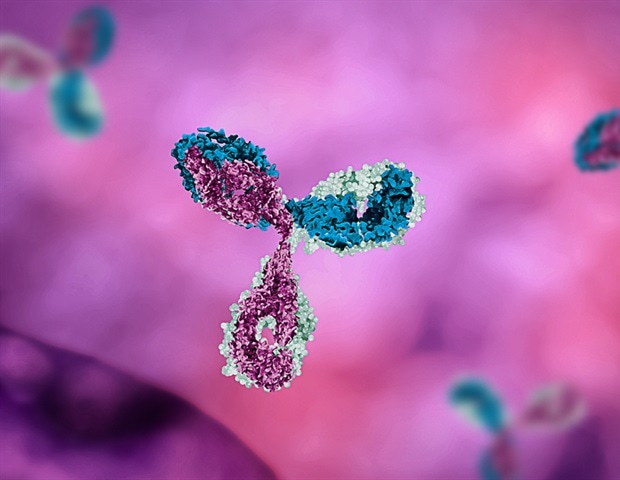Innovative research has unveiled promising advancements in melanoma detection, which could significantly enhance diagnosis and prognosis by identifying the disease at its earliest, most treatable stages. This new method, presented today at the European Academy of Dermatology and Venereology (EADV) Congress 2024, uses tumor-specific profiling to detect antibodies unique to stage I and II melanoma patients. Melanoma, a skin cancer with a high mutation rate, produces immunogenic markers that trigger an immune response, resulting in the production of antibodies against cancer-testis antigens (CTAgs).
These CTAgs lead to the production of specific antibodies that can act as early diagnostic and prognostic markers for melanoma. In this study, a cancer array was used to analyze and compare blood samples from 199 patients with stage I and II melanoma and 38 healthy donors recruited through Lifeblood. Blood samples were collected at initial diagnosis and within 30 days of curative-intent surgery.
Specific IgG antibodies against three tumour antigens were identified as promising diagnostic biomarkers for early-stage melanomas , with area under the curve (AUC) values ranging from 0.857 to 0.981 in the discovery cohort and from 0.
824 to 0.985 in the internal validation cohort. Of the three identified markers, one showed an AUC value of 0.
9805 in the discovery cohort, with 98% sensitivity and 76% specificity, and 0.9846 in the validation cohort, with 99% sensitivity and 82% specificity. T.


















